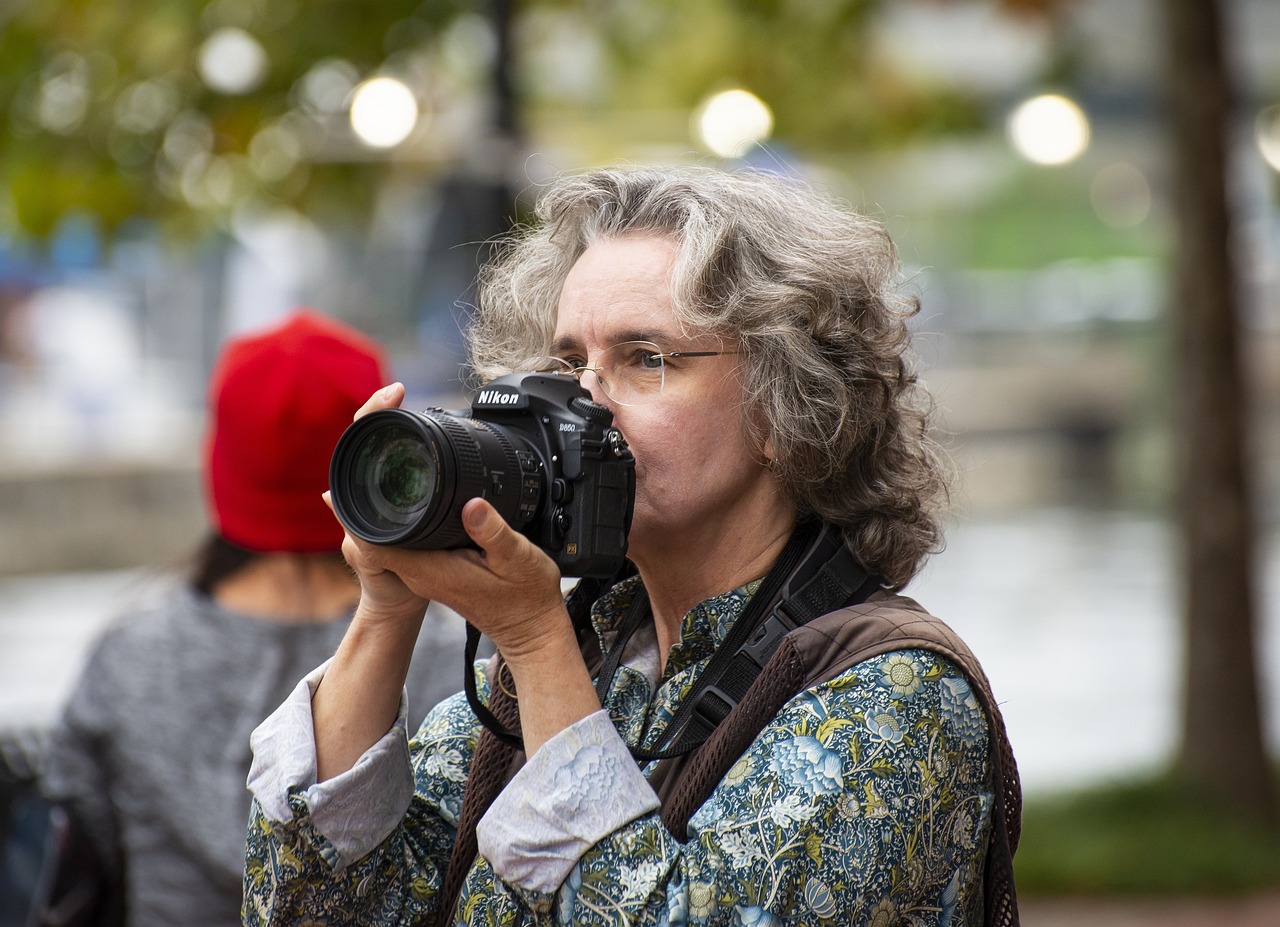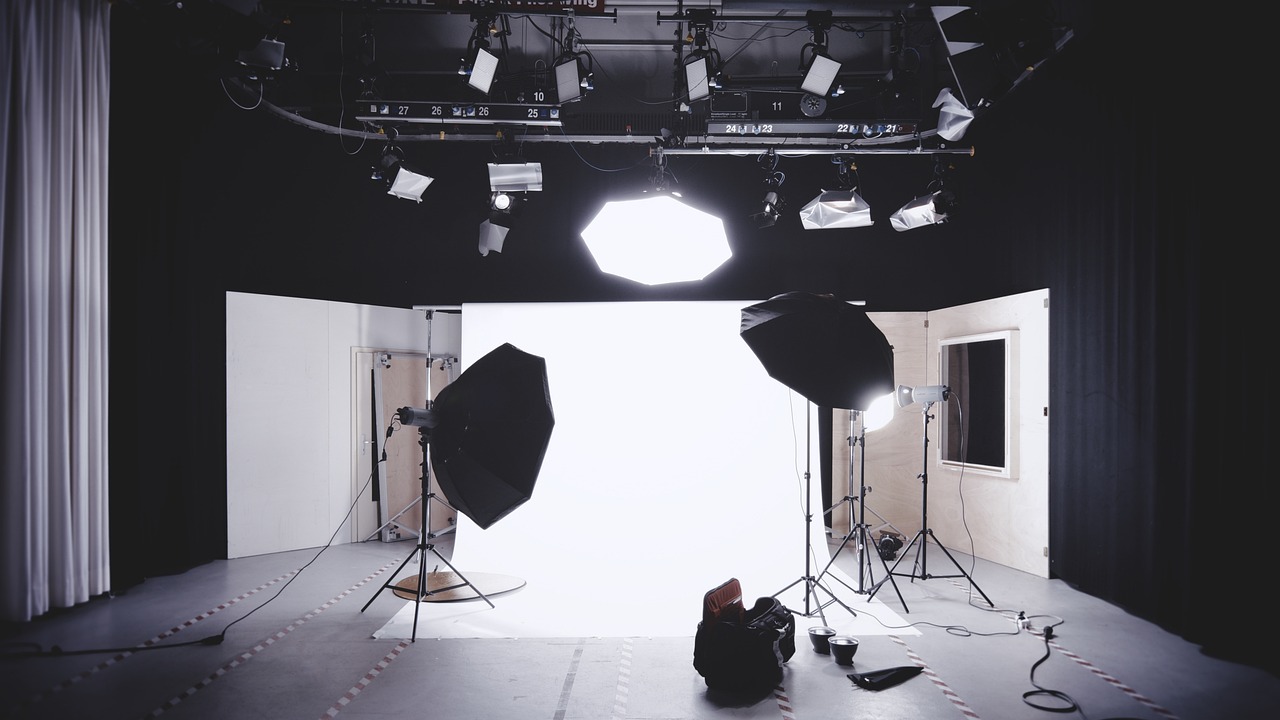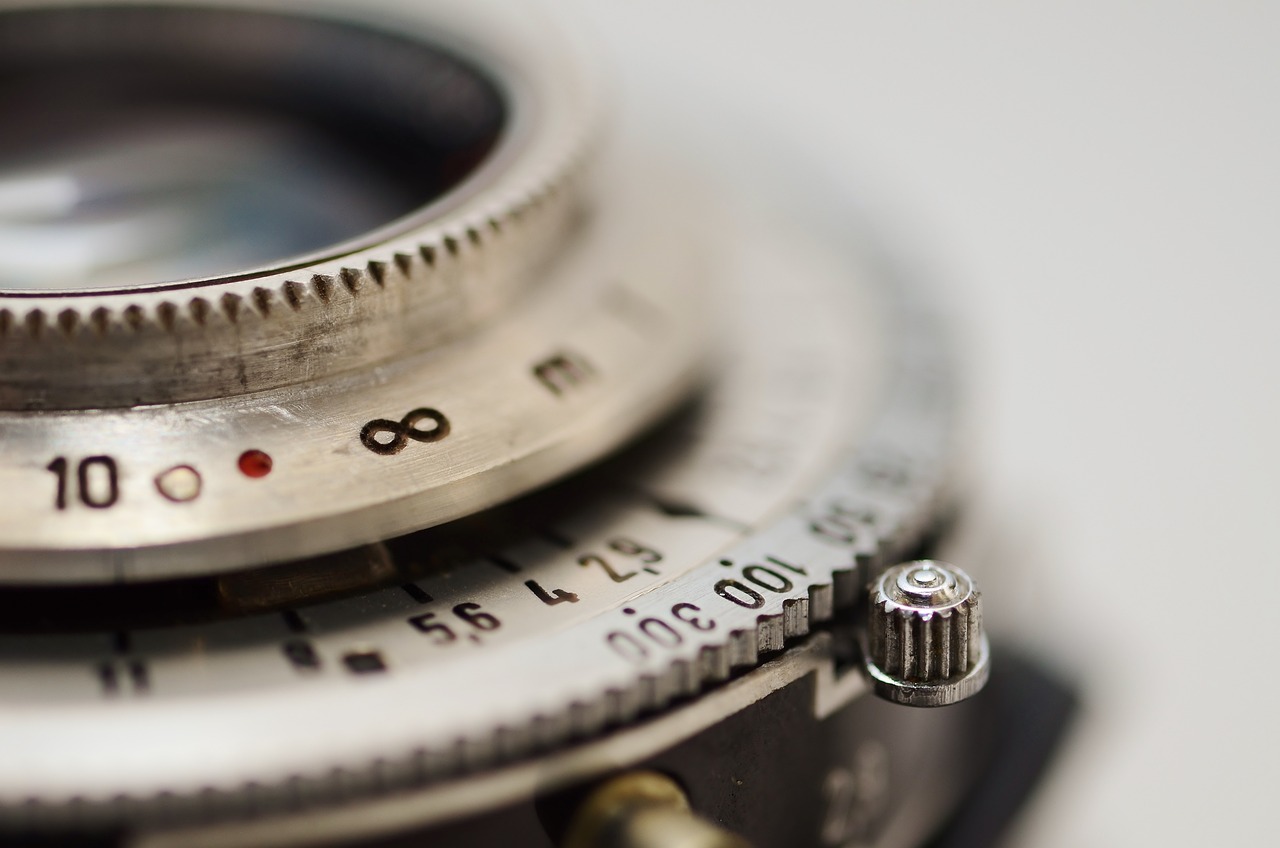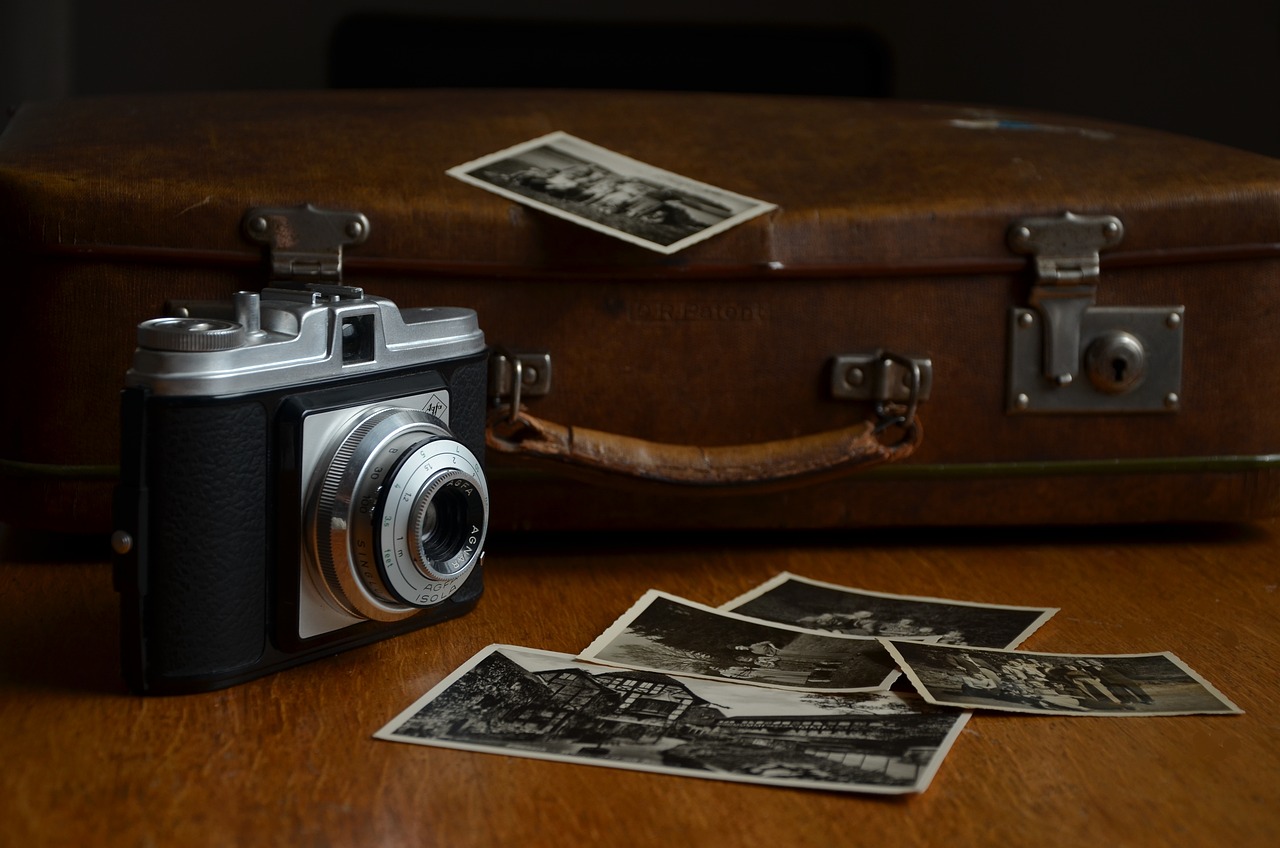Choosing A Wedding Venue
Importance of Choosing the Right Wedding Venue
Selecting an appropriate wedding venue is a substantial decision that sets the tone for your big day. The right venue can not only accommodate your guest list comfortably but also align with your wedding theme, complement your photographs, and create an ambiance that reflects your personalities and love story. Making the right choice can significantly enhance your wedding experience, leaving you and your guests with unforgettable memories.
Understanding Your Wedding Style
Recognising your wedding style is a crucial step in the venue selection process. Each couple has a unique style that should be reflected in their wedding celebration. It could be traditional, rustic, modern, quirky, or anything in between. Some might prefer an outdoor, garden-themed wedding, while others might lean towards the elegance of a grand ballroom. Your wedding style will significantly influence your venue choice, so it’s important to define it early on. Consider your personal tastes and the kind of atmosphere you want to create on your special day. This will help you narrow down venue options and ensure a cohesive aesthetic for your wedding.



Traditional vs. Modern Weddings
The distinction between traditional and modern weddings often influences the choice of venue. Traditional weddings tend to adhere to time-honored customs and rituals, often opting for classic and elegant venues such as churches, historic estates, or grand hotels. These venues often exude a sense of grandeur and formality that aligns with a more traditional atmosphere.
On the other hand, modern weddings embrace contemporary trends and creative freedom, often breaking away from convention. Venues for modern weddings can be more diverse and unconventional, including art galleries, urban lofts, or even outdoor locations such as vineyards or beaches. These venues often offer a more relaxed and personalised atmosphere, reflecting the unique tastes and style of the couple.
In the end, whether you choose a traditional or modern wedding venue depends on your personal preference and the kind of experience you wish to provide for your guests. Remember, it’s your day, and the venue should resonate with your vision and love story.
Indoor vs. Outdoor Weddings
When deciding between an indoor or outdoor wedding venue, several factors come into play. Indoor venues, such as banquet halls, museums, or ballrooms, offer a controlled environment, free from worries about the weather. They often come with in-house services like catering and audio-visual equipment, making the planning process simpler. The lighting and decor can be customised to your taste, creating a specific atmosphere and theme for your wedding.
In contrast, outdoor venues like gardens, beaches, or vineyards offer a natural and often breathtaking backdrop for your ceremony and photos. The charm of natural light, open spaces, and scenic views can create a romantic and unforgettable atmosphere. However, outdoor weddings require careful planning for weather contingencies, and additional arrangements for essentials such as tents, portable restrooms, and sound systems may be needed.

Your choice between an indoor or outdoor venue will be influenced by the time of year, your wedding style, guest comfort, and of course, personal preferences. Each offers its unique advantages, and either can be transformed to create the wedding of your dreams.
Factors to Consider When Choosing a Wedding Venue
When selecting your wedding venue, there are several crucial factors to consider. First and foremost is the capacity of the venue. It should comfortably accommodate your guest list, offering ample space for dining, dancing, and mingling. Next, consider the location. A venue that’s easy to reach and has ample parking or transport links will be appreciated by your guests.
The cost is another significant factor. Remember to include not just the rental fee, but also the cost of any additional services the venue provides or restrictions it imposes. You should also consider the availability of the venue on your preferred date.
The services and amenities offered by the venue can greatly impact your planning process. Some venues offer comprehensive packages including catering, decor, and audio-visual services, while others provide only the space, leaving you to organize everything else.
Lastly, before making your decision, pay a visit to the venue to gauge its atmosphere and vibe. A venue might look perfect in pictures, but visiting in person gives you a much better sense of the space, layout, and ambiance. This will help you visualize how your wedding will unfold and whether the venue aligns with your expectations and vision.
Venue Capacity: An Essential Aspect
Ensuring the venue capacity aligns with your guest list is an essential aspect of the selection process. The venue should comfortably accommodate all your guests, providing sufficient space for dining, dancing, and socialising. A venue too small can make your celebration feel cramped and uncomfortable, while an overly large venue may seem empty and lose the sense of intimacy. Carefully evaluate your guest list and the venue’s capacity, not only in terms of seating but also considering the space for other activities planned. This will help you strike a balance between comfort and cosiness, contributing to a memorable wedding experience.
The Importance of Venue Location
The venue’s location plays a crucial role in the overall success and convenience of your wedding day. A strategically selected location can significantly enhance your guests’ experience, ensuring their comfort and accessibility. Consider a venue that is easy to reach, has ample parking facilities, and is near to accommodations if many guests are traveling from afar. The location can also contribute to the atmosphere of your wedding. A beachside venue offers a casual and breezy vibe, while a grand ballroom or historic estate can provide an air of elegance and formality. Moreover, the venue’s location might hold personal significance, such as a childhood hometown or a favourite vacation spot, adding a sentimental touch to your wedding day. In the end, the location should not only resonate with your wedding style but also provide a convenient and enjoyable experience for your guests. Remember, the right location can set the stage for your dream wedding, making the celebration even more memorable and special.

Venue Availability: A Key Determinant
Availability is a key factor to consider when selecting your wedding venue. Before setting your heart on a particular spot, ensure it’s available on your preferred wedding date. Some sought-after venues are booked months or even years in advance, so it pays to plan early. If you have a specific venue in mind, be prepared to be flexible with your wedding date. However, if you are committed to a specific day, you may need to explore multiple venue options. When checking venue availability, it’s also important to ask about potential overlapping events that could affect your wedding, such as setup times or noise restrictions. Remember, venue availability is just as crucial in your decision-making process as the venue’s aesthetics and functions.

Cost Considerations: Navigating Your Budget
In the journey of wedding planning, cost considerations hold a significant place. The venue price can make a substantial dent in your overall wedding budget, so it’s crucial to navigate this aspect wisely. When evaluating the cost, remember to not just consider the venue rental fee but also include the cost of any additional services the venue provides or restrictions it imposes. These may include catering, decor, audio-visual services, or even charges for extending beyond the agreed hours. If the venue offers comprehensive packages, assess whether they offer value for money, or if you’d be better off arranging some elements separately.
You may also need to consider extra expenses related to an outdoor venue, such as potential costs for tents, portable restrooms, or specialised heating or cooling systems. Remember, cheaper isn’t always better, and expensive doesn’t always guarantee perfect. It’s about finding a venue that offers what you need at a price that fits within your budget. Understand what you’re getting for your money, negotiate where possible, and always read the fine print before signing any contracts. By taking the time to thoroughly assess the cost implications, you can ensure that your chosen venue offers value for money and aligns with your financial plan for your special day.
Understanding the Fee Structure: A Prudent Step
Understanding the fee structure of your prospective wedding venue is a prudent step in the selection process. Venues can have a variety of pricing models, from a flat fee for the venue hire to tiered packages that include additional services. Some venues may charge per guest, which could significantly impact your budget depending on your guest count. Others may have a minimum spend requirement, particularly for food and beverage services.
Additional costs are often overlooked in the initial quote, so it’s important to ask about any extra charges that might apply. These could include setup and breakdown fees, overtime charges, corkage fees for bringing in your own alcohol, or additional costs for using preferred vendors. Remember to also inquire about the payment schedule, deposit, and cancellation policy.
Having a clear understanding of the fee structure will give you a transparent view of the total cost, helping you to compare venues accurately and budget effectively. It allows you to anticipate and prepare for the final bill, avoiding any unpleasant surprises after your big day. Make sure you receive everything in writing to safeguard your interests and ensure a smooth, stress-free wedding planning process.
Extra Costs to Watch Out for
When budgeting for your wedding venue, be aware of potential extra costs that can unexpectedly inflate your final bill. For instance, some venues may charge additional fees for security services, especially if your wedding involves a large number of attendees. Others may charge for special lighting, dance floor setup, or use of their audio-visual equipment.
If the venue is not providing catering, you may have to pay a kitchen use fee to your caterer. Remember to ask about cleaning fees, as some venues might require you to take responsibility for post-event cleaning, or charge an additional fee for their services.

In case of outdoor venues, extra costs for weather-related equipment, such as marquees, umbrellas, or heaters can also add up quickly. In some cases, you might also need to budget for transportation, especially if the venue is far from accommodation options.
Ensure to ask your prospective venue about all possible extra costs, and factor these into your budget planning. This due diligence helps avoid unexpected surprises and allows you to make a more informed decision about your venue selection. Always request a detailed breakdown of costs in writing to ensure transparency and ease of budget management.
Venue Restrictions: Essential to Consider
Understanding the restrictions of a potential wedding venue is crucial in your decision-making process. Restrictions can significantly impact your wedding plans and budget, so it’s vital to be clear about them from the outset. Some venues might have strict rules about noise levels or end times due to local regulations, which could affect your entertainment choices and the overall atmosphere of your wedding.
Decor restrictions are also common; certain venues may not permit candles, confetti, or affixing decorations to walls. If you have specific decor ideas in mind, it’s important to discuss this with your venue upfront.
Catering and alcohol restrictions are another area to consider. Some venues insist on using their in-house catering or bar services, which could limit your menu options or lead to higher costs. Others may allow outside caterers but could charge a kitchen use fee or corkage for bringing your own alcohol.
Other restrictions may relate to photography and videography, with some venues prohibiting flash photography or drone use. Accessibility restrictions are also worth noting, as older buildings or outdoor venues may not be accessible for guests with mobility issues.
Understanding venue restrictions will help you avoid unwelcome surprises and ensure the venue aligns with your wedding vision. Always ask for a comprehensive list of restrictions during your venue tours, and ensure they are clearly stated in your contract
Vendor Restrictions: A Crucial Aspect
Vendor restrictions are another crucial aspect when choosing a wedding venue. Some venues have a list of preferred or exclusive vendors, such as caterers, photographers, florists, and DJs, and may not allow you to bring in your own. While using preferred vendors can ensure a smooth operation on the day, as these vendors are familiar with the venue and its requirements, it may restrict your choices and potentially inflate your costs.
On the other hand, if you wish to bring in your own vendors, you may need to consider factors such as vendor insurance, loading and unloading procedures, and setup and breakdown times. Some venues may also charge a fee for bringing in outside vendors.

Be sure to ask potential venues about their vendor policies and get a list of their preferred or exclusive vendors. Consider their quality, style, and pricing to see if they meet your expectations and budget. Also, ask if the venue charges for outside vendors and if there are any requirements they must comply with.
Understanding vendor restrictions in advance can save you from unwanted surprises and extra costs, and help you plan your wedding more effectively. Always ensure these restrictions are clearly stated in your contract to avoid confusion and disputes later on.
Noise Ordinances: Key to Consider
Noise ordinances are another key factor to consider when choosing a wedding venue. These are regulations that limit the permissible noise level at different times of the day and are especially important for outdoor or late-night weddings. If a venue is in a residential area, it may have strict noise restrictions to ensure the comfort of nearby residents. This could potentially affect your music, entertainment choices, and the overall atmosphere of your wedding.
Be sure to ask your venue about the local noise ordinances and how they might impact your event. If there are restrictions, consider whether they align with your wedding plans. For instance, if you envision a late-night dance party, a venue with strict noise cut-off might not be the best fit.
Also, keep in mind that breaching noise ordinances can result in fines or even abrupt ending of your event, which would undoubtedly cast a shadow on your big day. Always ensure you fully understand and can comply with any noise ordinances before signing a contract with a venue. Consider these factors carefully to ensure a memorable and hassle-free celebration.
Guest Accommodations: A Vital Consideration
The availability and proximity of guest accommodations is a vital consideration when choosing your wedding venue. If many of your guests are traveling from out of town, you might want to choose a venue that either has onsite accommodations or is situated close to hotels and inns.
On-site accommodations offer the convenience of having your guests stay in the same location where the wedding is taking place. This can reduce transportation logistics and provide a more cohesive experience for your guests.
However, on-site accommodations are often limited in number and may be more expensive.
If your venue doesn’t provide accommodations, you will need to look into local hotels and inns. When doing so, consider the distance from the venue, the price range, and the variety of options available to cater to different guest preferences and budgets.
Remember to inquire about group rates and room blocks, which can often provide a discounted rate for booking a certain number of rooms. It’s also a good idea to arrange transportation between the venue and the accommodation, especially if they are not within walking distance of each other.
Being thoughtful about your guests’ accommodation can significantly enhance their experience and ensure a smooth and enjoyable wedding celebration for all. Always ensure to communicate accommodation details to your guests well in advance, providing them with all the necessary information to make their own bookings.
Proximity to Accommodations: A Crucial Detail
The proximity to accommodations is a crucial detail that shouldn’t be overlooked when selecting a wedding venue. This becomes particularly important if your wedding venue is located in a remote area or if your guest list includes a significant number of out-of-town attendees. In such cases, a venue that is located near hotels, inns, or bed and breakfast establishments can significantly ease travel-related stress for your guests.
When evaluating the proximity of accommodations, consider the travel distance and time from the venue to the accommodations. Check for public transport links or the availability of taxis and ride-sharing services. If the accommodations are not within a convenient distance, consider arranging transportation for your guests to and from the venue.

Also, it’s essential to consider the quality and range of nearby accommodations. They should ideally cater to various budgets and comfort levels. This will ensure that all your guests, regardless of their financial means, can find a comfortable place to stay.
Remember, your guests’ comfort and convenience are paramount, and proximity to accommodations can play a significant role in their overall wedding experience. Through careful planning and consideration, you can ensure a smooth and enjoyable event for all involved.
Evaluating On-Site Accommodations
On-site accommodations offer a level of convenience and comfort that can significantly enhance the overall wedding experience. If the venue you’re considering offers this option, it’s critical to evaluate the availability, quality, and cost of these accommodations.
Firstly, inquire about the number of rooms or suites available on-site. Ensure there’s sufficient capacity to accommodate a significant portion of your guest list, particularly those traveling from out of town. You might also want to reserve a special room or suite for yourself and your spouse-to-be.
Next, assess the quality and comfort of the accommodations. Are the rooms modern and well maintained? Do they offer essential amenities such as Wi-Fi, air conditioning, and ensuite bathrooms? A site visit can be invaluable in determining the quality of accommodation on offer.

Lastly, consider the cost. On-site accommodations can often be more expensive than alternatives in the local area. However, the convenience of remaining on-site might justify the added cost for many of your guests. Always inquire about potential discounts for booking a block of rooms, as this can make the accommodations more affordable.
Remember, the availability of quality on-site accommodations can contribute significantly to the overall enjoyment of your wedding celebration. Therefore, they deserve careful consideration when choosing your wedding venue.
Site Visit Tips: Your Checklist
Conducting a site visit is a critical step in selecting your wedding venue. This allows you to assess the venue firsthand and identify any potential issues that may not be apparent from photos or descriptions. Here are some tips to make the most of your site visit:
- Take Notes and Photos: You’ll likely visit multiple venues, so it’s essential to take detailed notes and photos during each visit to help you remember the specifics of each location.
- Check Accessibility: Assess the venue’s accessibility for guests with mobility issues. Are there ramps, elevators, or sufficient parking?
Inspect Facilities: Look closely at the restrooms, kitchen facilities, and the bridal suite if one is available. Are they clean and well maintained? Will they adequately cater to your needs on the big day?

Ask About Staffing: Find out if the venue provides a wedding coordinator or if you’ll need to hire your own. What is the ratio of staff to guests on the event day?
Evaluate the Lighting: Visit the venue at the same time of day your wedding will be held to assess the lighting. Natural light can dramatically impact the ambience and your photos.
Assess the Sound: If possible, ask to test the acoustics. This is particularly important if you’re planning to have music or speeches.
By conducting a thorough site visit, you can ensure that the venue aligns with your wedding vision and can accommodate your needs and those of your guests. This will help you make an informed decision and contribute to a smooth and memorable wedding day.
Key Elements to Look for During a Site Visit
During your site visit, it’s imperative to pay attention to a few crucial elements that could significantly influence your wedding day:
- Overall Feel: As you step into the venue, take a moment to soak in the atmosphere. Does it align with your envisioned style and mood for the wedding? The venue should resonate with you emotionally, making you feel excited and eager for the big day.
- Layout: Walk through the venue as if you were a guest. Is the flow from one space to another seamless? Are the ceremony, cocktail, and reception areas conveniently located, especially considering elderly guests or those with mobility issues?
- Decor and Aesthetics: Look at the décor and architectural details. Will they complement your wedding theme and colors? Consider the condition of the paint, carpets, and fixtures.

- Outdoor Spaces: If the venue has an outdoor area, evaluate its suitability for photography, outdoor cocktails, or ceremonies. Check the landscaping, views, and possible noise or privacy issues.
- Tech Capabilities: Ask about the availability and quality of AV equipment if you’re planning to play music or display videos. Check the quality of Wi-Fi signal throughout the venue; this could be crucial for your vendors and guests.
- Parking: Ensure there is adequate parking for your guests. If not, consider the options for valet service or nearby parking lots.
- Catering Facilities: If you’re planning to cater, inspect the kitchen facilities. They should be clean and adequately equipped to handle your menu.
By taking the time to carefully assess each venue, you can ensure that your wedding day runs as smoothly and comfortably as possible. You should also be on the lookout for any potential issues or hidden costs that may arise during the event. With due diligence, you’ll be able to select a venue that perfectly meets both your needs and budget.
These considerations during your site visit can help ensure that the venue can accommodate all your wedding needs, providing a fantastic experience for both you and your guests.
In your quest for the perfect wedding venue, communication with the venue coordinator is vital. Here are some pertinent questions to ask during your visit:
- What dates are available in the time frame we’re considering?
- How many guests can the venue comfortably accommodate?
- What are the rates for different days of the week or times of the year?
- What is included in the package and what comes at an additional cost?
- Are there any restrictions on decor or any specific rules we should be aware of?
- Can we bring our own vendors, or do you have a preferred or exclusive list we must use?
- What is the policy on alcohol? Can we bring our own, or must we use your bar service?
- What is the backup plan for outdoor spaces in case of bad weather?
- How many hours does the rental fee cover, and what are the charges for overtime?
- Is there a payment schedule? What kind of deposit is required, and when is the final payment due?
- What is the cancellation policy?
Asking these questions will provide you with a clearer picture of what to expect and will aid in your decision-making process.

Questions to Ask the Venue Coordinator
In your quest for the perfect wedding venue, communication with the venue coordinator is vital. Here are some pertinent questions to ask during your visit:
- What dates are available in the time frame we’re considering?
How many guests can the venue comfortably accommodate? - What are the rates for different days of the week or times of the year?
- What is included in the package and what comes at an additional cost?
- Are there any restrictions on decor or any specific rules we should be aware of?
- Can we bring our own vendors, or do you have a preferred or exclusive list we must use?
- What is the policy on alcohol? Can we bring our own, or must we use your bar service?
- What is the backup plan for outdoor spaces in case of bad weather?
- How many hours does the rental fee cover, and what are the charges for overtime?
- Is there a payment schedule? What kind of deposit is required, and when is the final payment due?
What is the cancellation policy? - Asking these questions will provide you with a clearer picture of what to expect and will aid in your decision-making process.
Final Thoughts and Moving Forward
Choosing the perfect wedding venue is a significant decision, but with careful planning and consideration, it’s a task that can be tackled with confidence. Remember, the venue is more than just a backdrop for your wedding. It will play a pivotal role in your guests’ experiences and will form the canvas upon which your wedding day unfolds. Therefore, it’s crucial to take your time, do your research, and make a choice that truly resonates with you.
Next Steps
Once you’ve narrowed down your options and have your shortlist of ideal venues, schedule a second visit if necessary and take the time to imagine your big day unfolding in each location. Discuss your thoughts and impressions with your partner, family, or wedding planner, and then prepare to make your decision. Once you’ve chosen your venue, the next step will be to secure your date by signing the contract and paying the deposit. From there, you can move on to the other exciting aspects of wedding planning, such as choosing your vendors, planning the menu, and selecting your décor. Remember, the earlier you book your venue, the more choices you will have. Happy planning!
Zoom Wedding Photographer
Contact Us
We’re here to support you every step of the way. That’s why we’ve made getting in touch with us as easy as possible.
Our Office
Zoom Wedding Photographer
San Francisco, CA
Open Office Hours
M-F: 8am – 6pm
S: 10am – 4pm
S: Closed
Get in Touch
zoomweddingphotographer.co.uk
555-555-555
Prefer to write to us? No problem. You can send us an. We aim to respond to all emails within 24 hours.
hello@zoomweddingphotographer.co.uk
